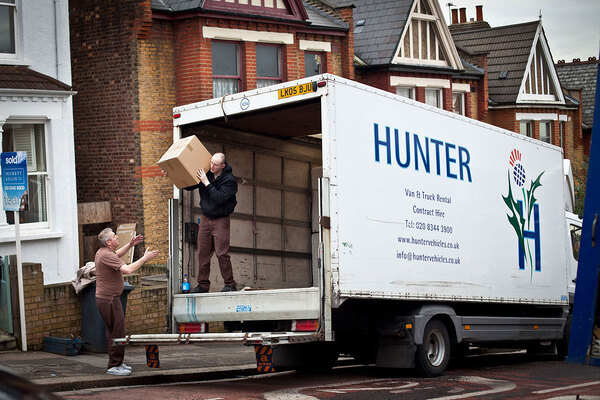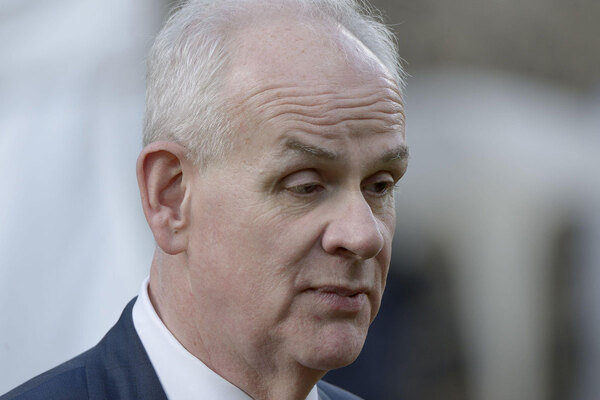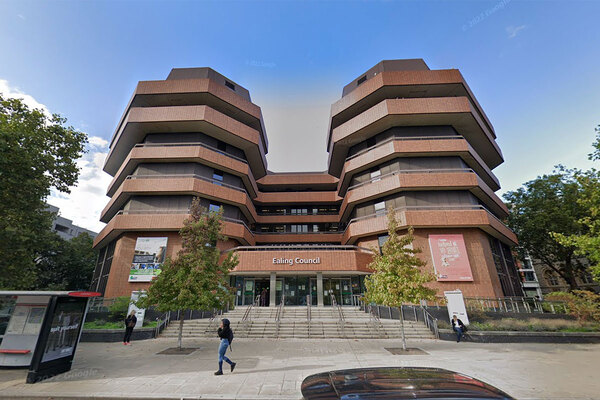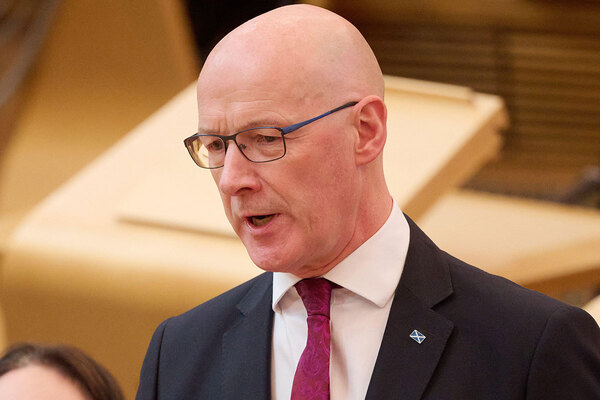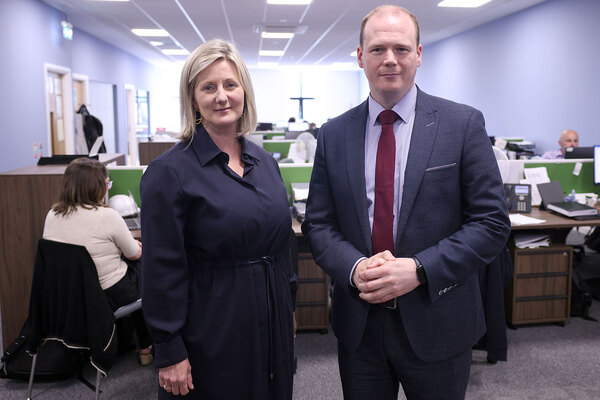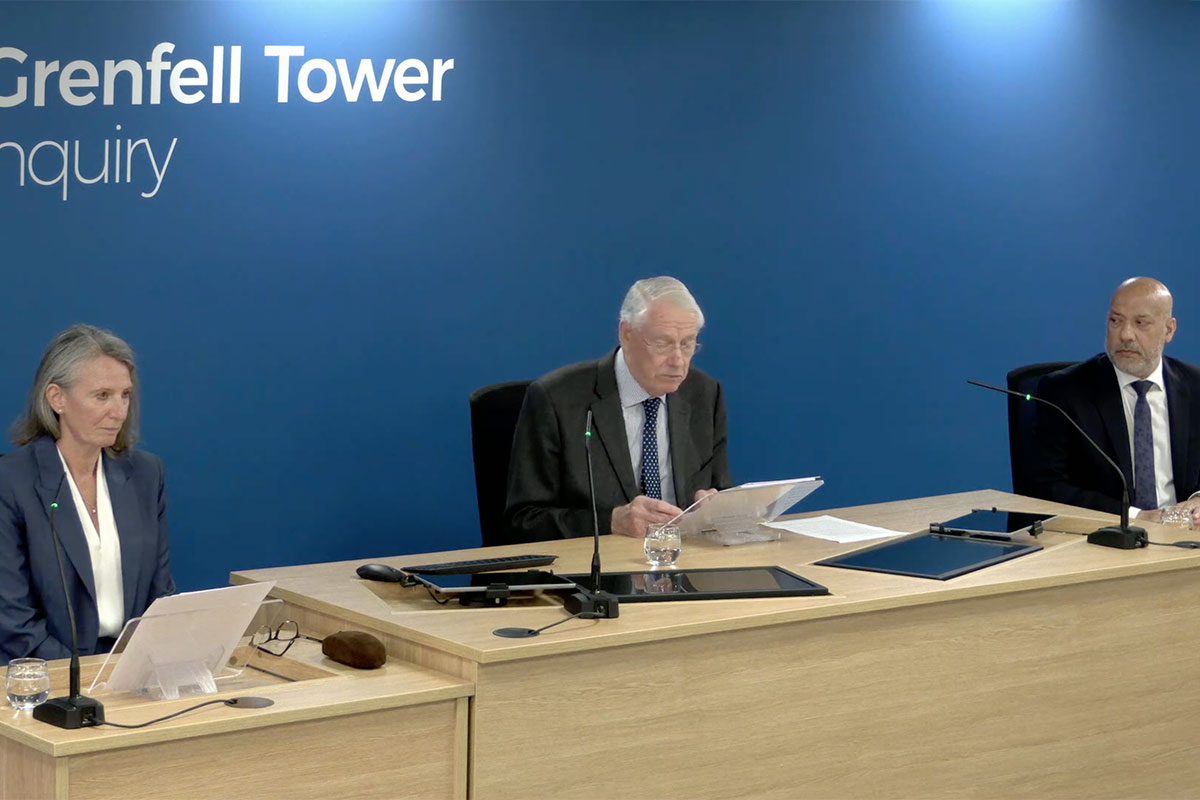You are viewing 1 of your 1 free articles
The next government needs to act on youth homelessness
When a homeless young person bravely calls their council asking for help they’re legally entitled to, all too often they are turned away, says Alicia Walker, head of policy, research and campaigns at Centrepoint. The next government needs to take action
A housing crisis, a benefits system failing those who need it most, and a reliance on charities to fill the gaps left by the state – these were the main themes of a parliamentary debate on youth homelessness in 1985. Despite society advancing in many other ways, these were also the main themes of the recent parliamentary debate on youth homelessness.
Labour’s Paula Barker tabled this event, the first of its kind since Alf Morris asked MPs to consider the topic nearly four decades ago. For one May afternoon, Westminster put aside time to focus on some of Britain’s most vulnerable young people.
This debate didn’t happen by chance. Last year, more than a hundred charities, including Centrepoint and New Horizon Youth Centre, came together to urge ministers to create a #Planforthe136k – the 136,000 young people who faced homelessness last year.
Charities and the thousands of people who put their names to a Downing Street petition warned politicians of the key reasons young people are left with nowhere to live, and made it clear that this ever-growing crisis needs a cross-government commitment to a strategy to end youth homelessness.
Like the division bell, alarms surely must be ringing in Westminster at the scale of this issue. The latest data confirms what we all know to be true by walking through our towns and cities. The most visual form of homelessness – rough sleeping – continues to get worse despite a government promise and sizeable investment to end it this year.
More than 4,000 people were seen sleeping rough in London in the first three months of this year, and that number includes hundreds of young people. Right now, our colleagues at New Horizon Youth Centre are seeing the highest demand in its 55-year history. In just one day, 81 homeless young people walked through the doors of their day centre in Camden.
“Austerity has stripped local authorities so far to the bone that many have no choice but to make these damaging decisions”
We know rough sleeping is only the tip of the iceberg and far more deeply entrenched issues of homelessness lurk beneath. The latest official figures suggest 112,660 households in England are in temporary accommodation, among them more than 145,000 children. You could fill London’s O2 arena seven times over with the number of children who currently have nowhere to call home.
Ministers argue temporary accommodation is an important step to get a roof over people’s heads, but this safety net has become swollen. Human rights groups have long warned that temporary accommodation significantly impacts children, who struggle to access the basics, like the internet, to do their homework – let alone the regular reports of overcrowding, damp and mould.
If we are to move forward, it is vital to identify why the situation has become this bleak and what can be done to solve it. New research by Centrepoint is helping to do this.
When a homeless young person bravely calls their council asking for help they’re legally entitled to, all too often they are turned away. Many are let down by gatekeepers to social housing misinterpreting the rules, but the problem is coming from higher up. Austerity has stripped local authorities so far to the bone that many have no choice but to make these damaging decisions.
Our research found that councils need an additional £332m annually to meet their statutory duty to assess and support every homeless young person coming forward for help.
Minister Felicity Buchan insists local authorities will be held to account when it comes to improving how they deliver homelessness services, but the first challenge is to ensure the government fully funds councils to meet their most basic legal responsibilities.
“We would be more than happy for any future government, from any side of politics, to use [Centrepoint programmes] as blueprints, as this work is already transforming the lives of the young people able to access it”
It was encouraging to hear the minister commit to delivering safe, warm, decent and affordable housing for young people; however, this promise falls far short of a true #PlanForThe136k.
Shadow homelessness minister Mike Amesbury may have given us a glimpse of what could be to come if Labour were in power – a four-pillar approach to ending youth homelessness: prevention, cross-departmental working, truly affordable and supported housing, and a benefits system which better supports care leavers. It’s a strong proposition, and one on which we will be sure to hold them to account.
Centrepoint is already working in these areas. Our Prevention pilots in schools in London and Manchester identify pupils and families most at risk of homelessness and our Independent Living Programme provides housing and capped rent for young people, alongside providing the support and skills training needed to get into work.
We would be more than happy for any future government, from any side of politics, to use these as blueprints, as this work is already transforming the lives of the young people able to access it.
Back in 1985, Alf Morris said the problem of youth homelessness could be solved and that it just came down to priorities and resources. In his remarks during that landmark debate, he reminded colleagues across the house that to govern is to choose. And that choice will be with the next government, which must commit to delivering a cross-government strategy to end youth homelessness.
Alicia, Walker, head of policy, research and campaigns, Centrepoint
Sign up for our homelessness bulletin
Already have an account? Click here to manage your newsletters


